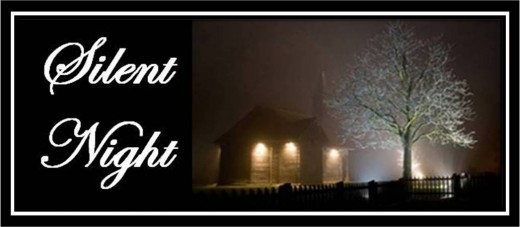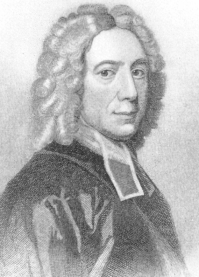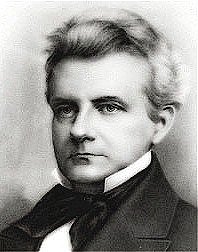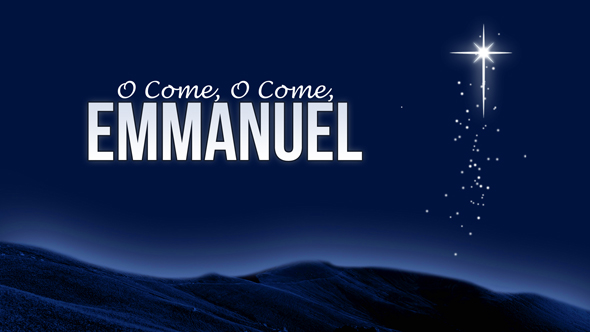The following account is one man’s record of how we came to know and love “Silent Night.” The accompanying video (YouTube) is sung acapella by St. Thomas Boy’s Choir. They’re singing this song in its original language, German. The story is told…
In 1818, a roving band of actors was performing in towns throughout the Austrian Alps. On December 23rd they arrived in a village near Salzburg, Germany, where they were to re-enact the story of Christ’s birth at a small church. Instead, the actors presented their Christmas drama in a private home. That Christmas presentation of the events in the first chapters of Matthew and Luke placed Josef Mohr, one of the ministers, in a meditative mood. As he left that evening, instead of walking straight home, Mohr took a longer more scenic route. This path took him up over a hill overlooking the small village. From that hilltop, Mohr looked down on the peaceful snow-covered hamlet. Reveling in majestic silence of the wintry night, Mohr gazed down at the glowing scene. His thoughts about the recent Christmas play reminded him of a poem he had written a couple of years before. That poem was about the night when angels announced the birth of the long-awaited Messiah to shepherds on a hillside. Mohr decided those words might make a good ‘carol’ for his congregation the following evening at their Christmas Eve service. The one problem was that he didn’t have any musical composition to which that poem could be sung. The next day Mohr took his poem to Franz Xaver Gruber, a musically talented member of the congregation. Gruber only had a few hours to come up with a melody which could be sung. However, by that evening, Gruber had managed to compose a musical setting for the poem. They now had a Christmas carol ready to be sung by/for the congregation. On Christmas Eve, the little congregation in the village of Oberndorf heard the first singing of the now favorite, “Silent Night.” Weeks later this Christmas poem made its way down the mountainside and into the hearts of hundreds of thousands of God-fearing men and women.
Yet a Biblical message so beautifully compiled couldn’t be contained to the Austrian Alps. In less than 15 years “Silent Night” was sung all across Europe. Then, in 1838 at the Alexander Hamilton Monument, located outside New York City, this melancholy Christmas hymn was sung in the United States, in its original, German language. Then, nearly fifty years after being first sung in the mountains of Austria, “Silent Night” was translated into English. By 1876, eight years later, that English version made its way into print in Charles Hutchins’ Sunday School Hymnal. Today the words of “Silent Night” are sung in more than 300 different languages all around the world.
As the month of December draws to a close, consider this old, ‘Christmas Hymn’ again sung in German. May this old favorites ring through the years and cheer our hearts. The “Christmas Song of the Day”…Silent Night.
Silent night! holy night! All is calm, all is bright,
‘Round yon virgin mother and Child!
Holy Infant, so tender and mild,
Sleep in heavenly peace, Sleep in heavenly peace.
Silent night, holy night! Shepherds quake at the sight
Glories stream from heaven afar
Heavenly hosts sing Alleluia!
Christ, the Saviour is born. Christ, the Saviour is born
Silent night, holy night Son of God, love’s pure light
Radiant beams from Thy holy face
With the dawn of redeeming grace
Jesus, Lord, at Thy birth. Jesus Lord, at Thy birth.





